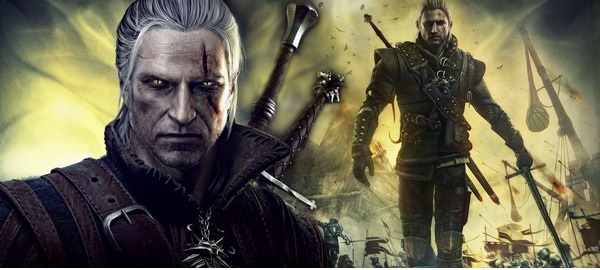When it was originally released, The Witcher 2 was criticized for its combat mechanics, as it felt a bit ‘awkward’ and Geralt could not react as fast as gamers had expected him to. Therefore, CD Projekt RED had to release a patch that addressed most of the game’s combat issues. But why was the combat of The Witcher 2 so unforgiving? Well, according to game director Konrad Tomaskiewicz, the game was inspired by Dark Souls.
In a length interview with Eurogamer, Konrad Tomaskiewicz said that CD Projekt RED tried in The Witcher 2 to make this high difficulty level that Dark Souls is best known for. However, Konrad claimed that it was a mistake as The Witcher fans wanted ‘a traditional RPG with a story, not a challenge based on their dexterity.’
“Dark Souls influenced me very much because I love games like this, but I understand after The Witcher 2 that we should less experiment on stuff like this but more focus on the things which people love in our games.”
So, what about The Witcher 3? According to Konrad, the game will be easier than its predecessor on normal difficulty. Still, this does not mean that the team will dumb down the game and make it easier for everyone. The Witcher 3 will sport various difficulty levels but unlike The Witcher 2, Normal won’t feel like Hard.
Konrad concluded:
“Right now we’re changing it and I believe that everyone will go in this world very smooth and we will not get problems like it was in The Witcher 2.”
The Witcher 3 is currently planned for a 2014 release on PC, Xbox One and PS4!

John is the founder and Editor in Chief at DSOGaming. He is a PC gaming fan and highly supports the modding and indie communities. Before creating DSOGaming, John worked on numerous gaming websites. While he is a die-hard PC gamer, his gaming roots can be found on consoles. John loved – and still does – the 16-bit consoles, and considers SNES to be one of the best consoles. Still, the PC platform won him over consoles. That was mainly due to 3DFX and its iconic dedicated 3D accelerator graphics card, Voodoo 2. John has also written a higher degree thesis on the “The Evolution of PC graphics cards.”
Contact: Email

